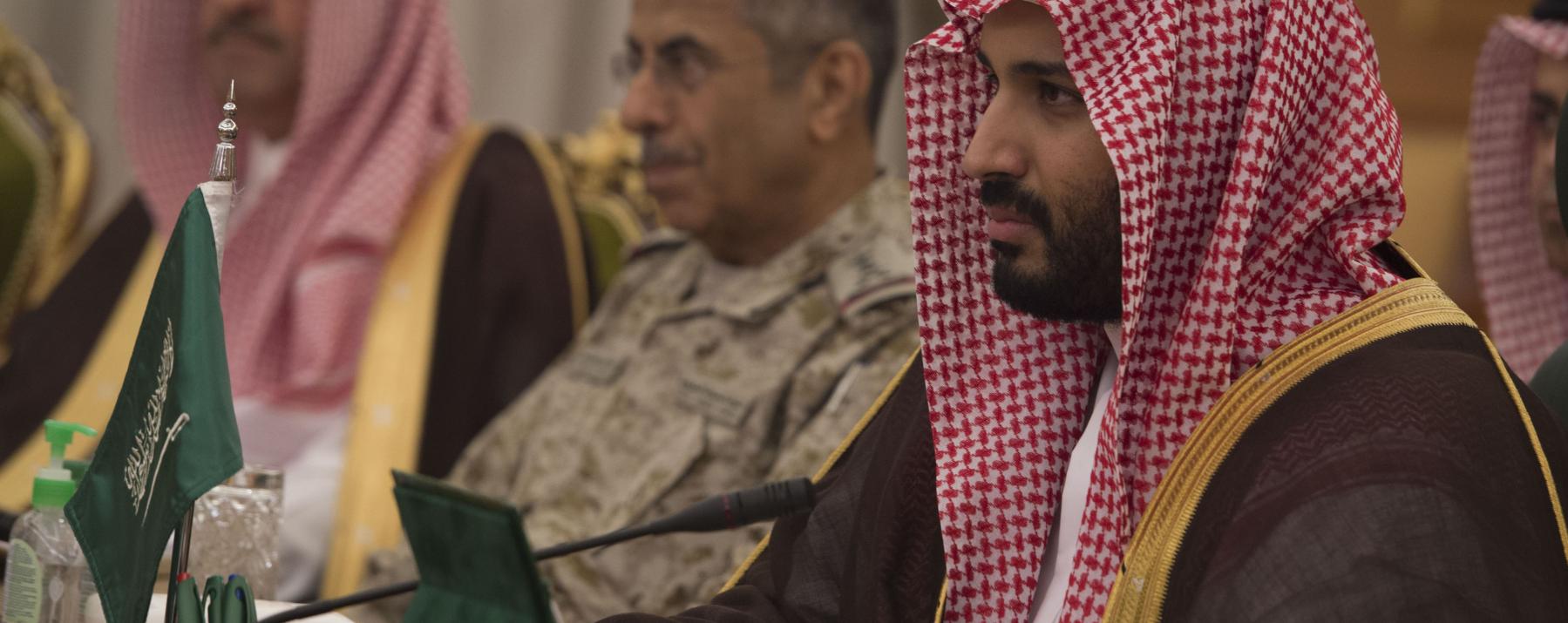The Saudi Presidency of State Security: An Arm of Repression in the Crown Prince’s Kingdom

Executive Summary
Since the ascension of Crown Prince Mohammed Bin Salman (MBS) in 2017, a lot has been said on his attempts to consolidate power and terrorise his real or perceived opponents. The repression that followed has been described by many as unprecedented. Yet, MBS did not unleash this crackdown on his own. His rise to power was marked by a complete transformation of the Saudi state security apparatus. The newly established State Security Presidency (SSP), under the leadership of Abdulaziz al-Huwairini – who had been heading the infamous Saudi secret police known as Mabahith for a decade – effectively became the enforcement arm of MBS’ repression. The State Security’s role should not be underestimated: nearly all human rights abuses committed over the past years in Saudi Arabia, ranging from enforced disappearances, torture, and arbitrary detention, can be traced back to this agency. The Public Prosecution Office (PPO) and the Specialised Criminal Court (SCC) have also played a prominent part in the detention of prisoners of conscience by prosecuting and sentencing them to lengthy prison terms.
This report sheds light on the role of the SSP in perpetrating a widespread and systematic pattern of human rights violations across Saudi Arabia. While the SSP is but one institution operating as part of a larger state security apparatus, the SSP has been granted greater powers and responsibilities, allowing it to operate without any judicial oversight and with complete impunity. This report delves into the history, structure and legal framework of the SSP, situating it within Saudi Arabia’s larger security apparatus. To that end, the report examines the ways in which the joint efforts of the PPO and the SCC, both of which are neither impartial nor independent from the executive, have systematically charged, convicted and detained individuals for exercising their fundamental rights and freedoms. The report finally outlines the pattern of human rights violations committed, often in response to individuals’ exercise of their fundamental freedoms. This includes the systematic use of enforced disappearances, torture and arbitrary detention against peaceful critics, human rights defenders and prisoners of conscience, more generally.
